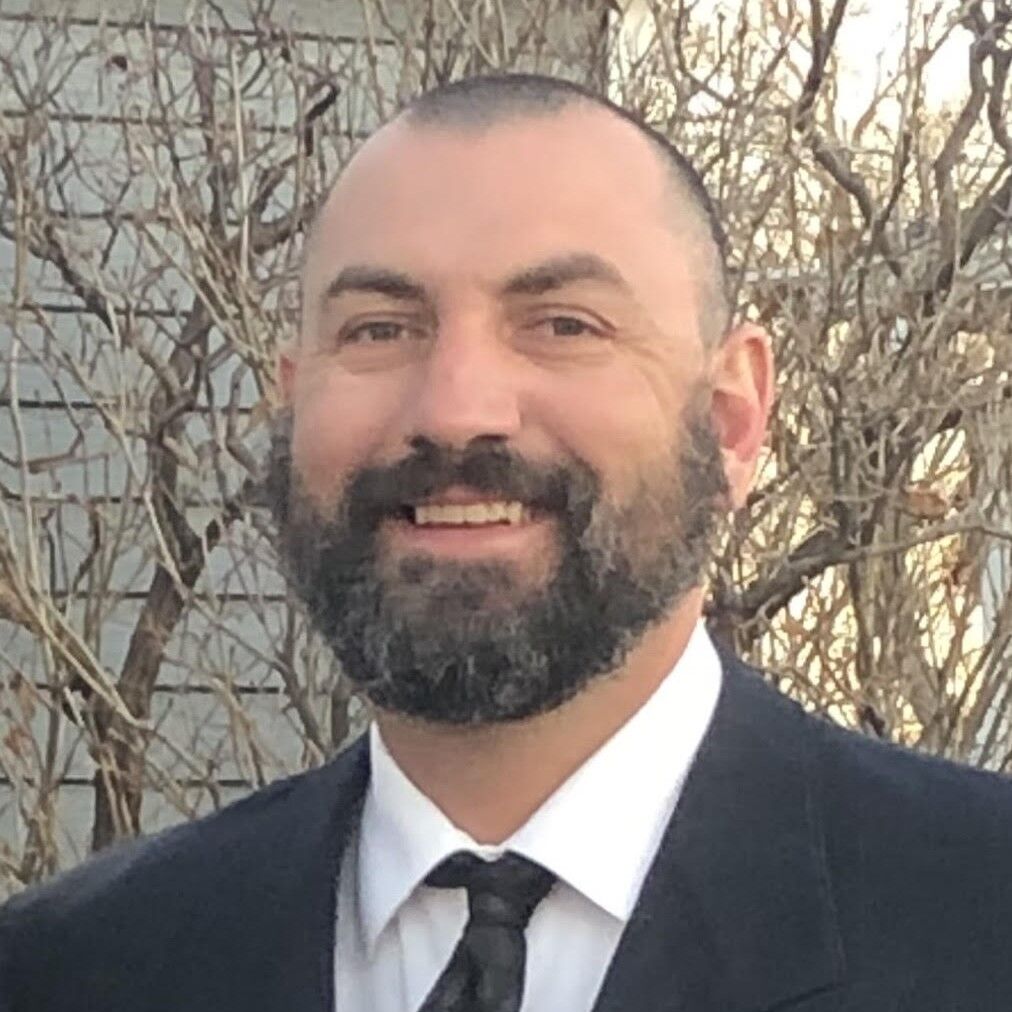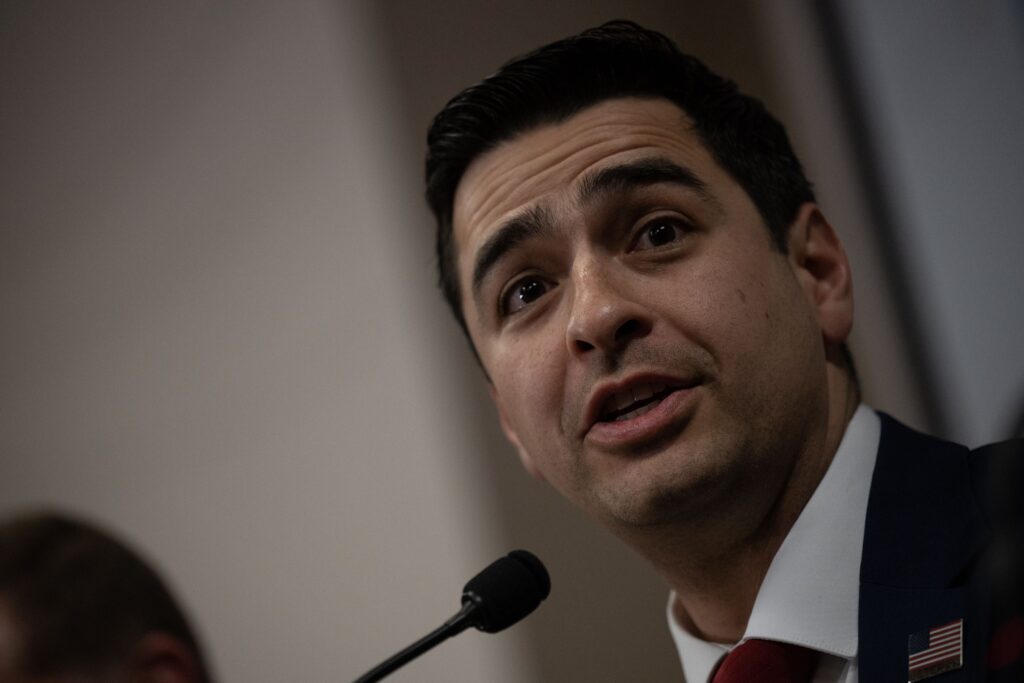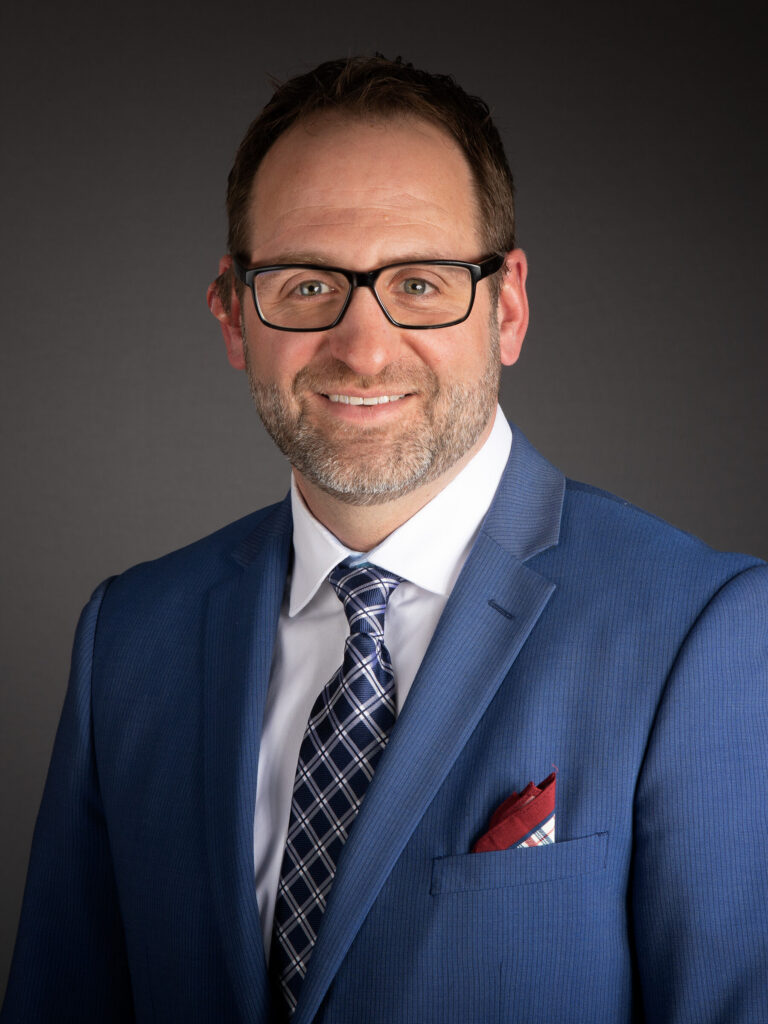If we really want to correct Colorado corrections, we need to invest | OPINION


There has been no shortage of news stories lately highlighting the serious problems in Colorado’s corrections system. Severe understaffing has created dangerous conditions for both staff and inmates and prevented incarcerated Coloradans from accessing the rehabilitative therapy and services they have ordered to receive and that they need to be successful in returning to society. Recent coverage also found some corrections facilities resorted to hiring workers from Puerto Rico and housing them in cubicles in a decommissioned part of the prison.
A recent survey of 800-plus Colorado Department of Corrections (CDOC) employees conducted by Colorado WINS, the state employee union representing more than 26,000 workers, found a majority were considering resigning. In fact, according to the survey, only 38% of CDOC staff were not actively considering leaving. Employees cited serious concerns around working conditions, safety, pay equity and low compensation as driving factors for wanting to resign.
Stay up to speed: Sign up for daily opinion in your inbox Monday-Friday
Recent reporting has also shown understaffing in CDOC has led to employees performing job duties they didn’t sign up for, including teachers, counselors and case managers working as security officers to fill in the gaps. In addition, inmates’ basic needs are going unmet due to the staffing crisis. In a different survey, Colorado inmates also said there are not enough staff to meet their health and safety needs, in addition to education, employment services, reentry classes, substance use treatment, parenting classes and other programs key to helping them become productive community members upon release.
In fairness, the state and CDOC have taken steps to address these issues in the form of one-time signing bonuses, as well as providing different levels of short-term financial incentives to some current employees at certain facilities. These efforts, however well-intentioned, cannot keep up with the existing shortage nor can they address the high turnover rates. This tactic only addresses the problem in the short term, rather than getting to the root. Without addressing the severely low retention rates in CDOC facilities, we will never truly address the larger issues with our corrections facilities.
Many people forget the purpose of our justice system and our prisons should not just be to punish but to rehabilitate. Decades of underfunding our public services, however, have caused many of our state agencies to crumble and fall short of their original purpose. Our lack of investment has created a toxic environment in our state’s correctional facilities, where Coloradans don’t want to work and where inmates are not receiving proper services.
If we really want to make a change in CDOC we need to do more than provide one-time signing bonuses or short-term raises that could evaporate as soon as the funding dries up. We need to think long-term about recruiting, retaining and promoting talented individuals in order to provide better, safer working conditions for employees and create a more rehabilitative environment.
For example, many workers surveyed by Colorado WINS mentioned they’d be more likely to stay at CDOC if they had salary increases based on years of service – called Step raises – that makes pay more equitable, predictable and reliable. But beyond compensation, workers said more opportunities for training for new hires and management as well as support for programming for inmates would create a better work workplace and make them more likely to stay in their jobs.
If we really want to make significant reforms in our broken corrections system, we have to make real investments that yield real, long-term benefits for Colorado workers and for society as a whole.
Patrick Mahaffey is a corrections case manager for Sterling Correctional Facility. He is also an active union member of Colorado WINS, who was elected to serve on the bargaining team for the next Partnership Agreement between COWINS and the State of Colorado. He’s been with the Colorado Department of Corrections for 22 years.











